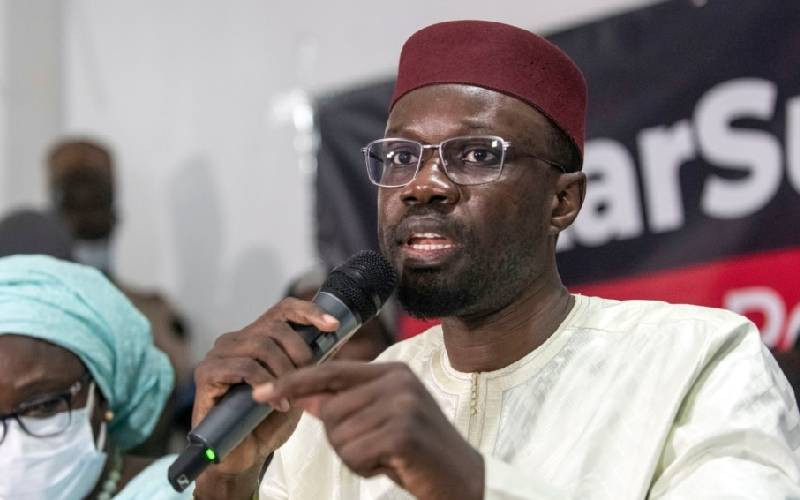×
The Standard e-Paper
Kenya’s Boldest Voice

Detained Senegalese opposition figure Ousmane Sonko, who eight days ago resumed a hunger strike, is "very weak" and in an intensive care unit, one of his attorneys told AFP on Wednesday.
Sonko briefly fell into a coma on October 23, Cire Cledor Ly said, adding that he had been able to speak with the politician a day earlier.